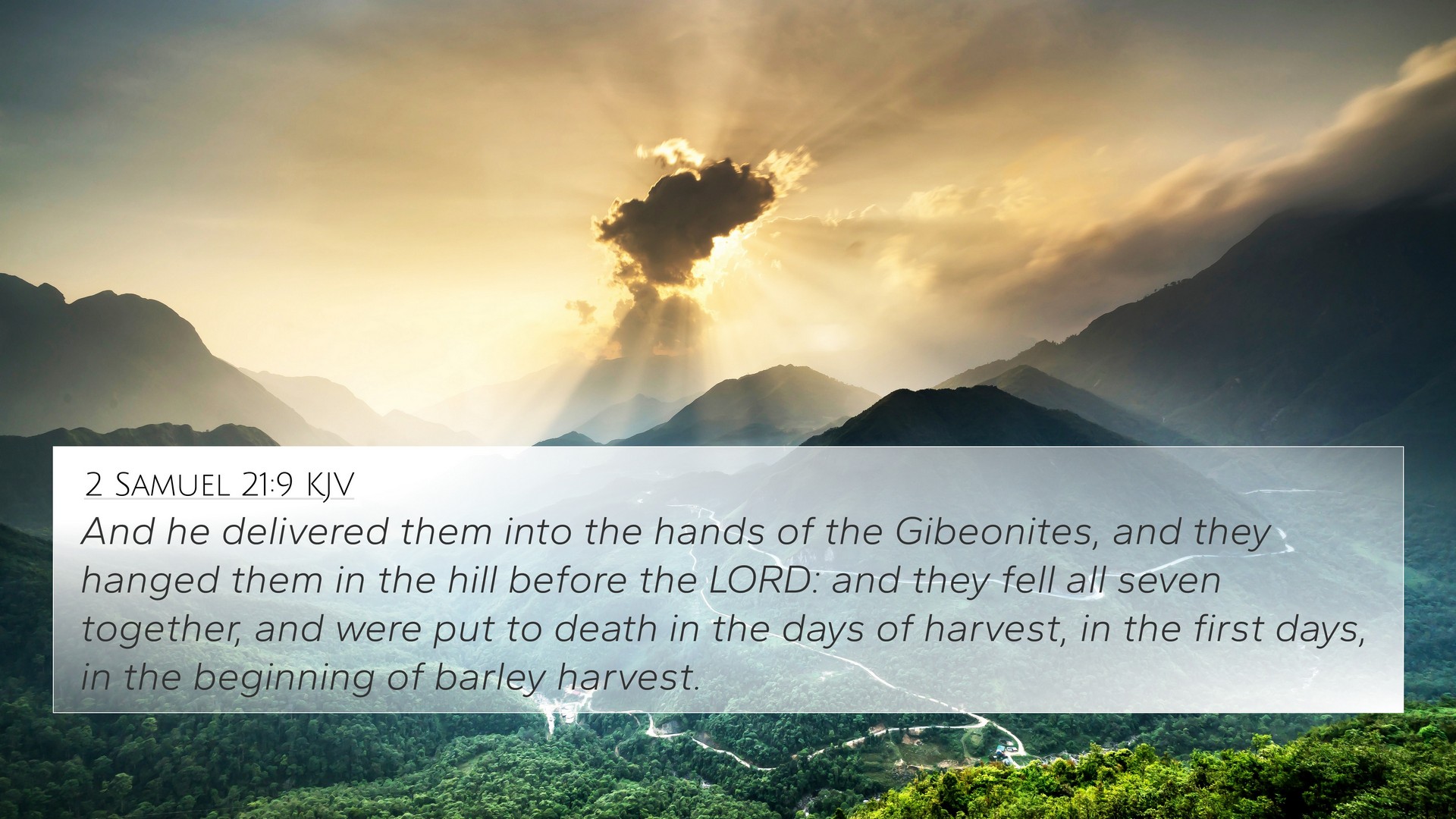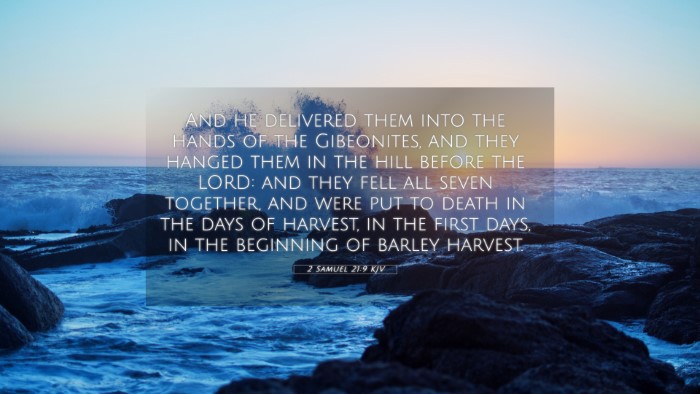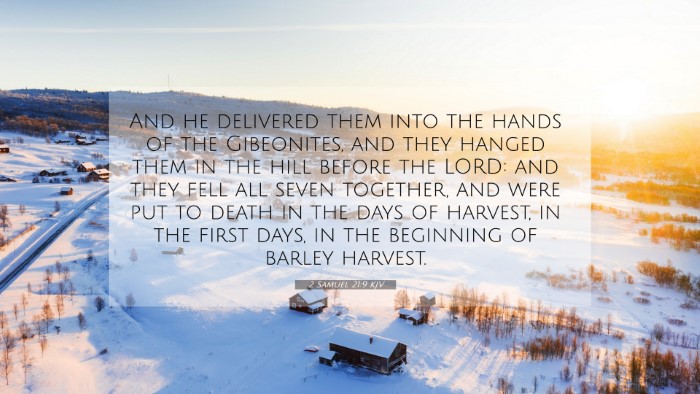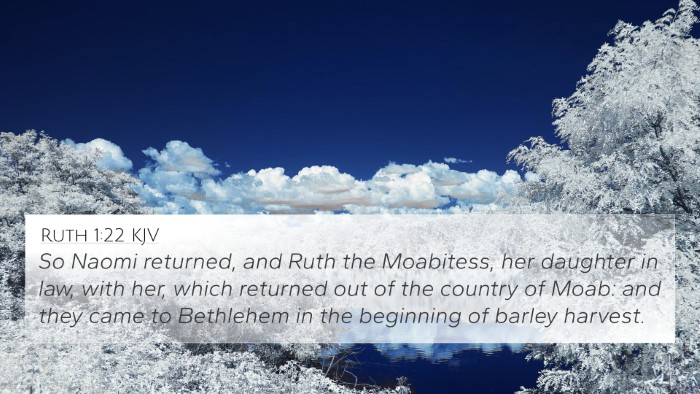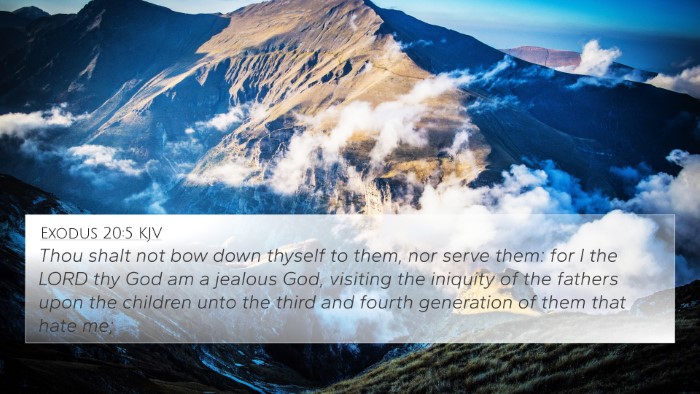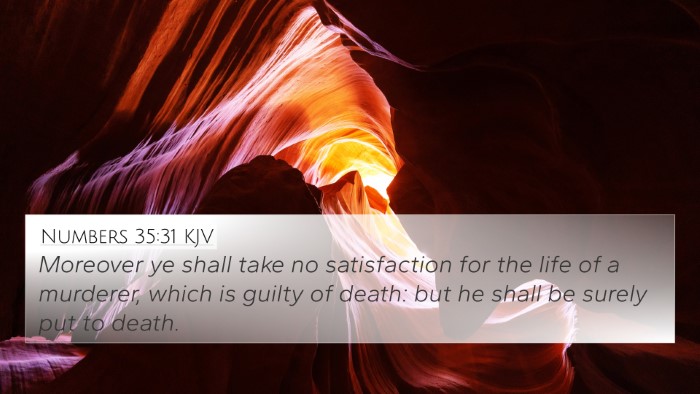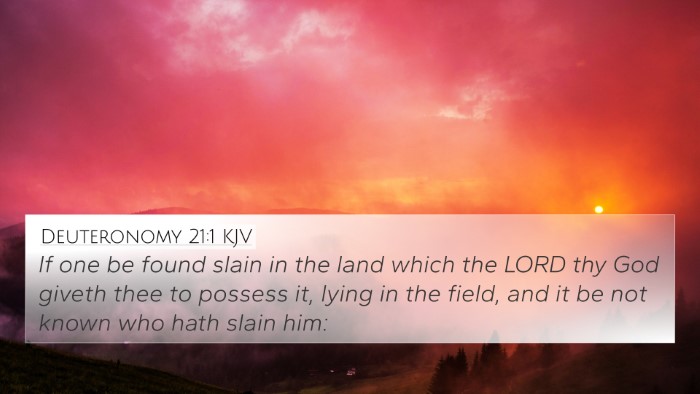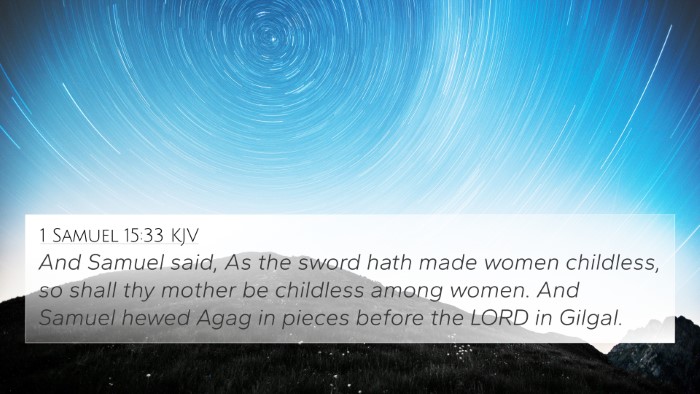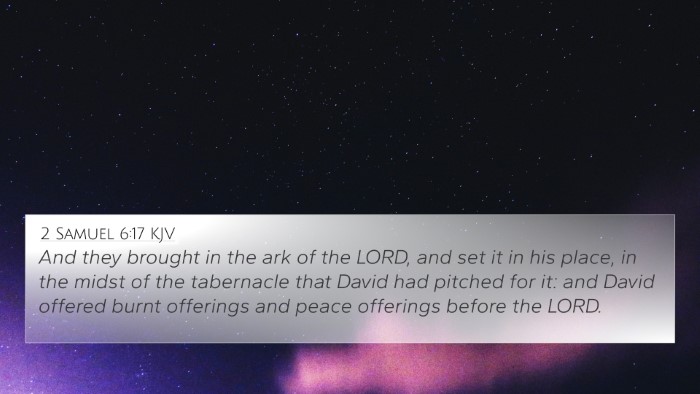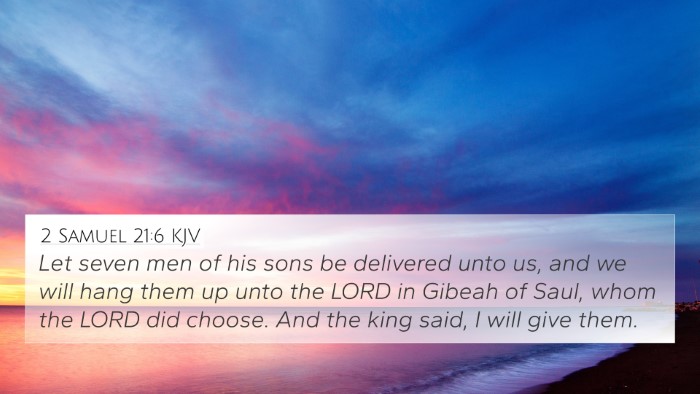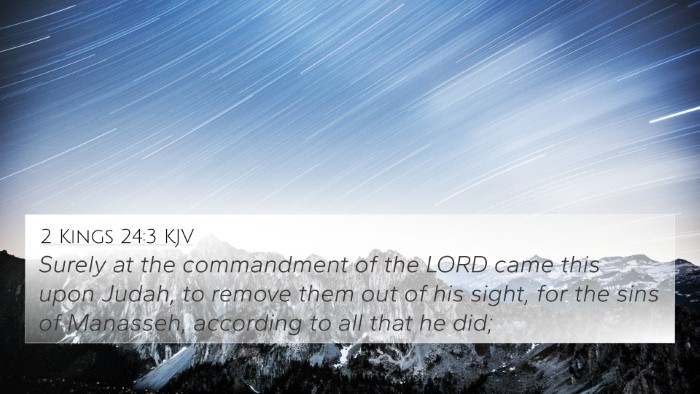Understanding 2 Samuel 21:9
Verse: 2 Samuel 21:9 states: "And he delivered them into the hands of the Gibeonites; and they hanged them in the hill before the LORD: and they fell all seven together, and were put to death in the days of harvest, in the first days, in the beginning of barley harvest."
Meaning and Context
This verse captures a significant and somber event in the history of Israel. To comprehend the depth of its meaning, we can refer to insights from prominent public domain commentaries such as those by Matthew Henry, Albert Barnes, and Adam Clarke.
Contextual Background
The context of this passage revolves around the Gibeonites' demand for justice due to King Saul's actions against them. David, as king, seeks to make amends for Saul's sin. The hanging of the seven Gibeonite descendants reflects the seriousness with which covenant violations are treated in the eyes of God.
Commentary Insights
- Matthew Henry: He emphasizes the gravity of sin and the necessity of atonement, indicating that the famine faced by Israel was a divine response to Saul's violation of the covenant with the Gibeonites. The act of handing over the descendants signifies the importance of making reparations for wrongdoings.
- Albert Barnes: Barnes elaborates on the historical and geographical significance of the Gibeonites. He explains how their tragic fate underscores the seriousness with which the Israelites must regard their promises and the implications of their covenant with God.
- Adam Clarke: Clarke explores the ceremonial aspects of this event, suggesting that it served not just as a form of justice but as a grim reminder of the consequences of sin that infects the community. He points out the number seven as symbolic of completeness in Biblical terms.
Thematic Connections and Cross-References
This verse has several thematic connections throughout Scripture. Below are key cross-references and their relevance:
- Joshua 9:3-27: This passage details the covenant between Israel and the Gibeonites, which sets the stage for understanding the reason for the severe consequences faced in 2 Samuel 21:9.
- 2 Samuel 21:1: This verse discusses the famine that prompted David to seek the Lord’s guidance, linking Saul's decisions to the distress experienced by Israel.
- Numbers 35:33-34: These verses illustrate the sanctity of blood and the land, reinforcing the idea that justice must occur for the land to be free from guilt.
- Exodus 21:12-14: Insights about justice in situations of murder echo the ethical and moral dimensions confronted in 2 Samuel 21:9.
- Leviticus 18:25: This verse highlights the consequences of sin in the land, linking it back to the Gibeonites’ demand for justice and expiation of the sin of Saul.
- 2 Samuel 15:5-6: This discusses the implications of leadership in Israel and how injustices ripple through communities, reflecting on David's role.
- Genesis 9:6: A reminder of the value of life and the seriousness of murder, providing a foundational understanding of biblical justice.
Exploring Cross-Referencing Methods
Understanding Scripture deeply often requires cross-referencing Bible verses. Here are some tools and methods for effective Bible cross-referencing:
- Utilize a Bible concordance to find thematic connections.
- Refer to a Bible cross-reference guide for parallel verses across different books.
- Engage in modes of cross-referencing Bible study that encourage comparative analysis.
- Explore Bible reference resources to aid in study preparation and sermon writing.
Conclusion and Reflection
2 Samuel 21:9 serves as a profound reminder of the importance of justice, the seriousness of sin, and the necessity of reconciliation in faith. It beckons us to reflect on our own lives, the commitments we make, and the profound weight of our actions. In recognizing these connections and utilizing tools for cross-referencing, one can achieve a deeper understanding of the Biblical narrative.
